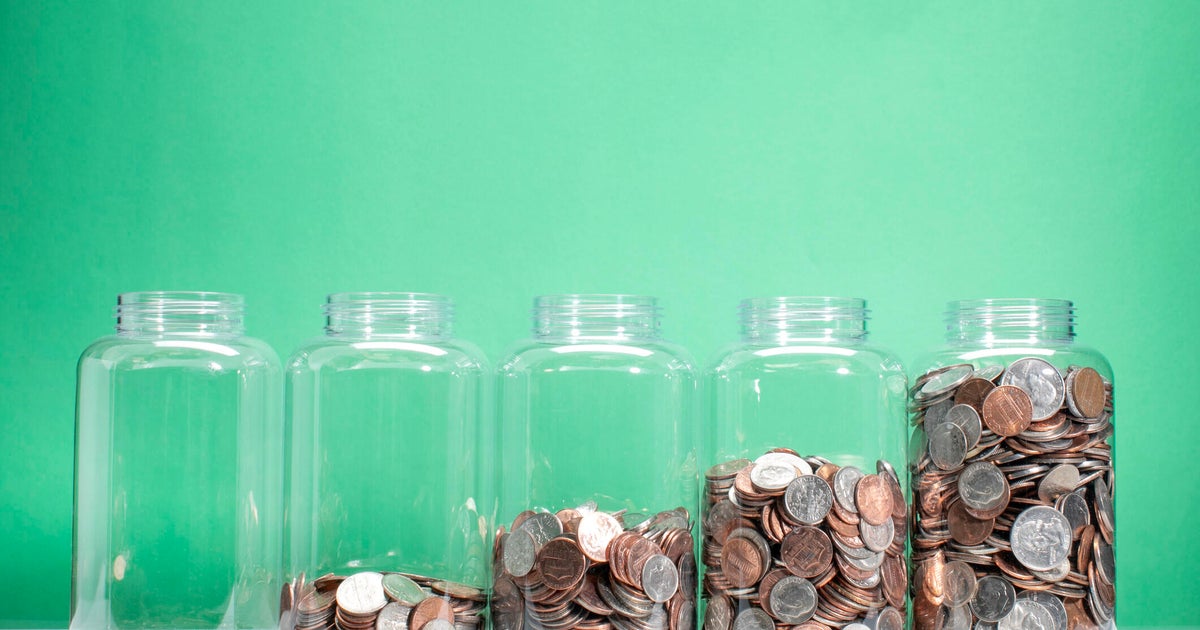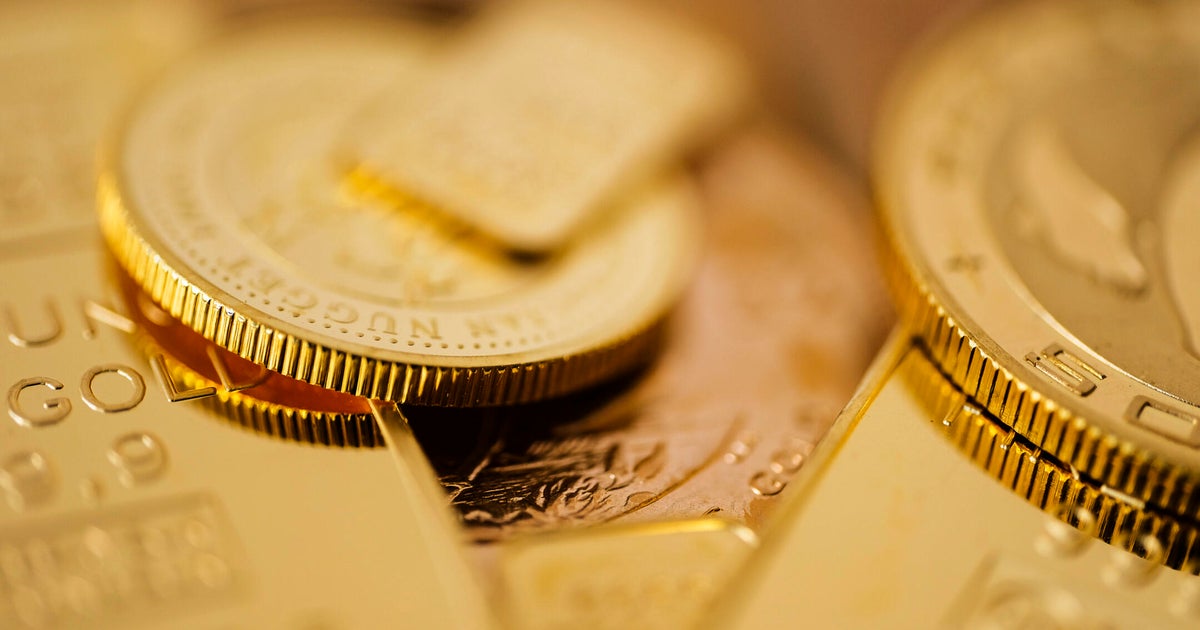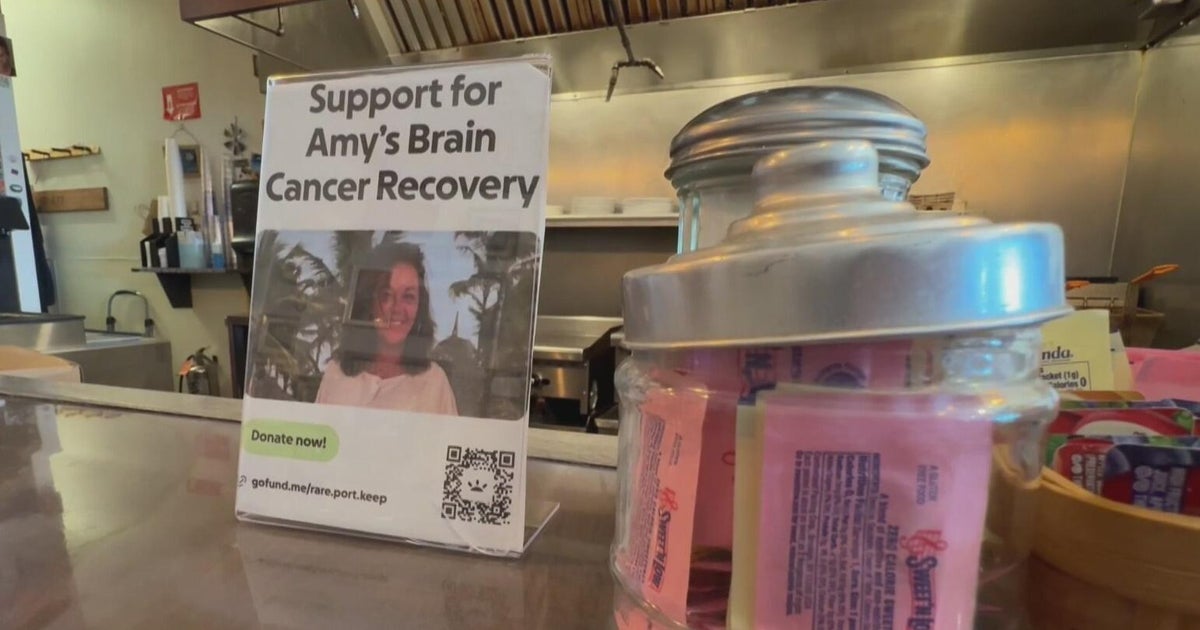Not so fast: Cashless backlash delays move to walletless economy
- Americans are using cash much less frequently compared to just four years ago.
- Many business owners say going cashless improves employee efficiency and safety.
- But they are having to revert to accepting cash to stem political uproars over bypassing unbanked and underbanked populations who still depend on cash for transactions.
Travas Clifton, owner of ModCup Coffee Co., which has four locations in Jersey City, New Jersey., said his 9-year-old daughter was the brains behind a policy that was transformative to his cafe business.
Clifton, who hails from the United Kingdom, noticed that fewer transactions at his stores were taking place in cash, yet the time and cost associated with managing, collecting and depositing the greenbacks at the end of the week remained the same.
His daughter, frustrated that he was spending time going to the bank to make deposits instead of playing with her in the park, said, "Dad, why don't you just accept cards?"
"And as a result of wanting more time with my family, I said, we are going cashless," Clifton told CBS MoneyWatch.
To accommodate customers who wanted to pay in cash, Clifton instructed employees to accept the legal tender, pocket it, and swipe their own credit cards to pay for the transactions.
"The last thing I wanted was to be seen as a hipster that turns people away. Everyone gets served here," Clifton said.
The process worked smoothly and the benefits were immeasurable, he said. "It made my life a hell of a lot easier as a business owner."
But Clifton's shift to a cashless business was premature, and the experiment in freedom was short-lived. In March 2019, after New Jersey Governor Phil Murphy signed a bill banning businesses from refusing cash from customers, he was forced to reverse the policy.
New data from Square, a credit card processing system, shows that today, Americans are making fewer purchases with cash than four years ago. In 2015, consumers used cash for 46% of transactions under $20, compared to 2019, when cash was used for just 37% of transactions under $20.
Clifton is one of a number of business owners who have, either by force or by choice, reverted back to accepting cash after banning it. Popular food chain Sweetgreen last month said it would reverse its cashless policy, citing the exclusionary effect it had on people who preferred paying with cash. This week, two members of Congress introduced competing bills that would require businesses nationwide to accept cash. City and state lawmakers from New York to California have either proposed or passed legislation banning retailers from refusing to accept cash, claiming it discriminates against people who can't access a bank.
In 2017, 6.5% of households in the United States weren't affiliated with a bank, according to the Federal Deposit Insurance Corporation. These families are effectively shut out from shopping at stores and restaurants where cash isn't accepted.
"When you open a dollar bill, it reads, 'This note is legal tender for all debts public and private.' Those words remind us that cash is the universal currency," New York City Council member Ritchie Torres, who proposed legislation banning cashless retail, told MoneyWatch last year. "Not everyone has access to debit or credit, but every one of us has access to cash," he said.
Some restaurant owners who opened cashless establishments have independently opted to reverse their policies -- even though it hurts business.
Laura Leister, owner of Pieces, a board game bar and restaurant in St. Louis, Missouri, said she started off as cashless because she believed it would make running the business easier and safer. It did. "We didn't have to worry about extra security cameras, or cash-handling training," she said. "From a procedural standpoint it worked out well."
After six months, though, she started accepting cash, in response to some customers' frustration.
"People started educating me, and even some customers who had credit cards said they didn't keep enough money in their bank accounts to use them. I felt like I was marginalizing customers and that didn't resonate well with me. The policy had an unintentional, exclusionary effect, almost like wealth discrimination," Leister said.
Though keeping cash on the premises is inconvenient, "it's definitely worth not marginalizing a whole population of people in the U.S.," she said.
Leister said she'd be open to switching back -- under one condition. "If someone could say to me that everyone has access to a debit card or credit card and everyone can use that as a mode of payment then I would definitely not want to deal with cash in my restaurant. I just don't think that is where society is right now," she said.
Society hasn't kept pace with advances in technology and the United States won't go cashless until the traditional banking system catches up, experts say.
"We are moving in the direction of having less cash in the economy, but I don't see [a scenario] in the next five to 10 years where cash goes away entirely," said Shelle Santana, assistant professor of business administration at Harvard Business School.
"I think the technology is there. In particular, when you have major players like Apple where payments are encrypted and more secure than traditional debit or credit card payments, we have the infrastructure available to do it. It's more the financial services and structural barriers that need to be broken down so more people can participate," Santana said.
The report from Square -- the company that made it easy for anyone to accept credit cards -- concludes that cash remains an integral part small business owner's income and that the majority -- 83% -- will never stop accepting cash at their business.



